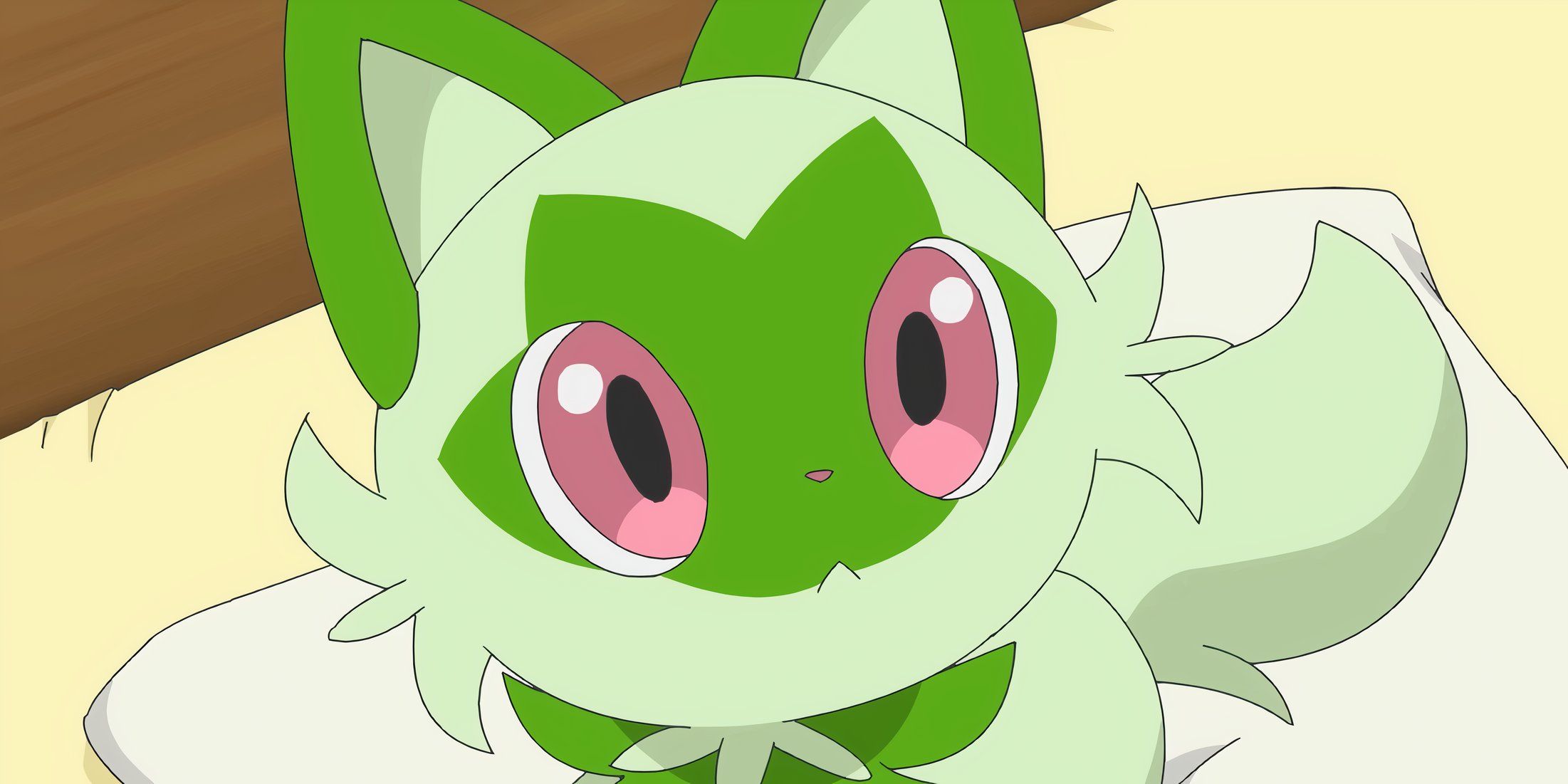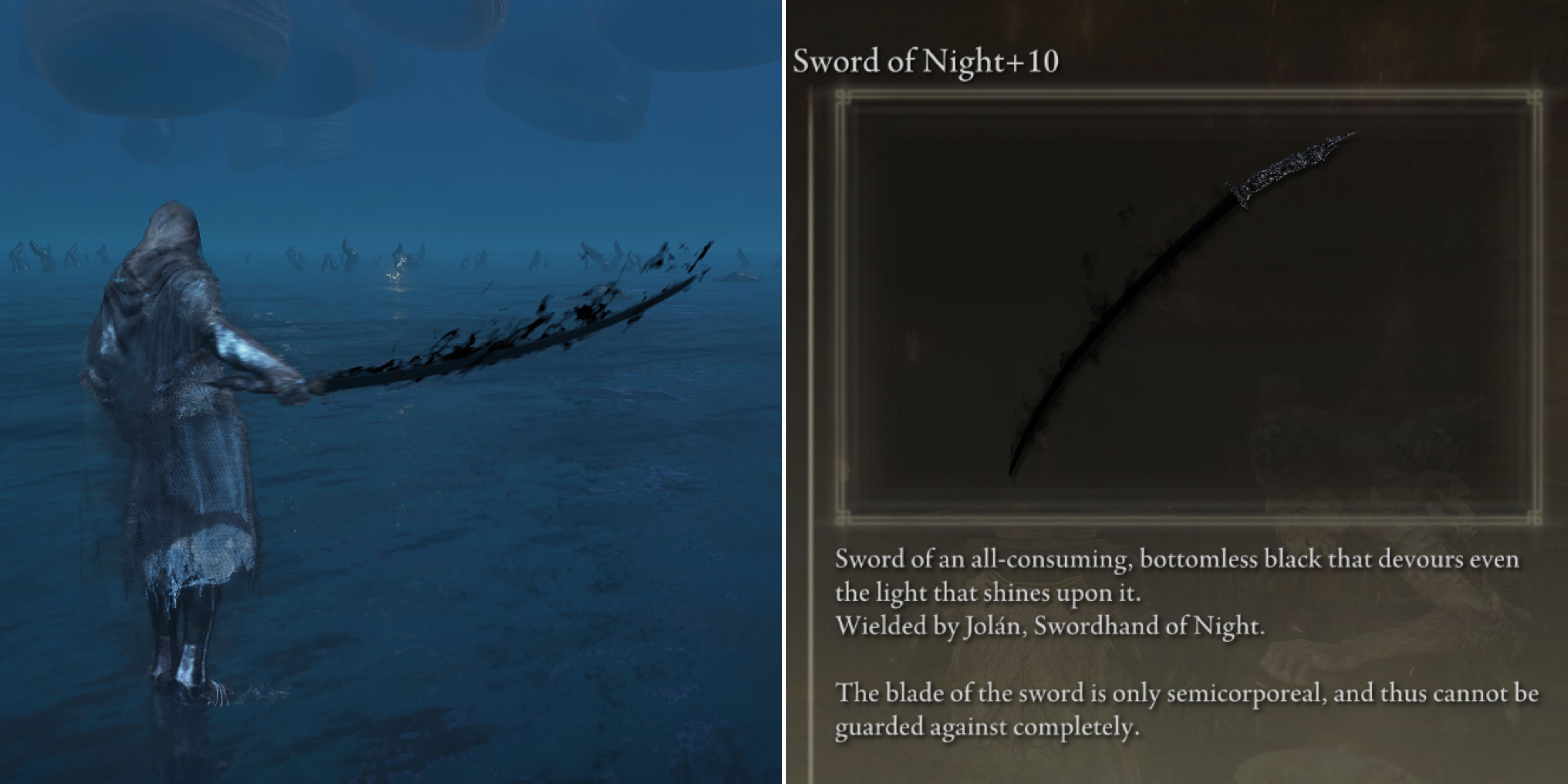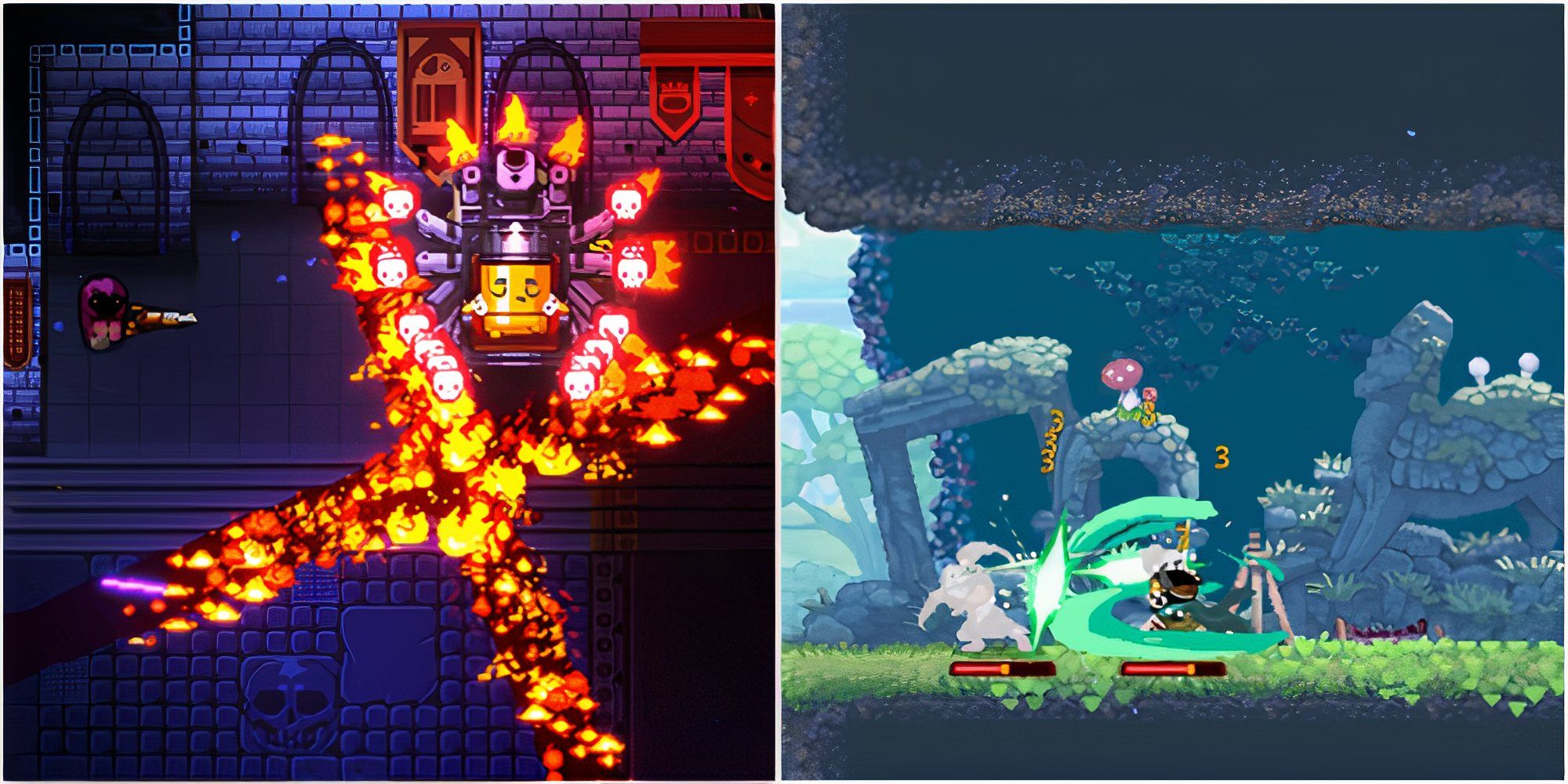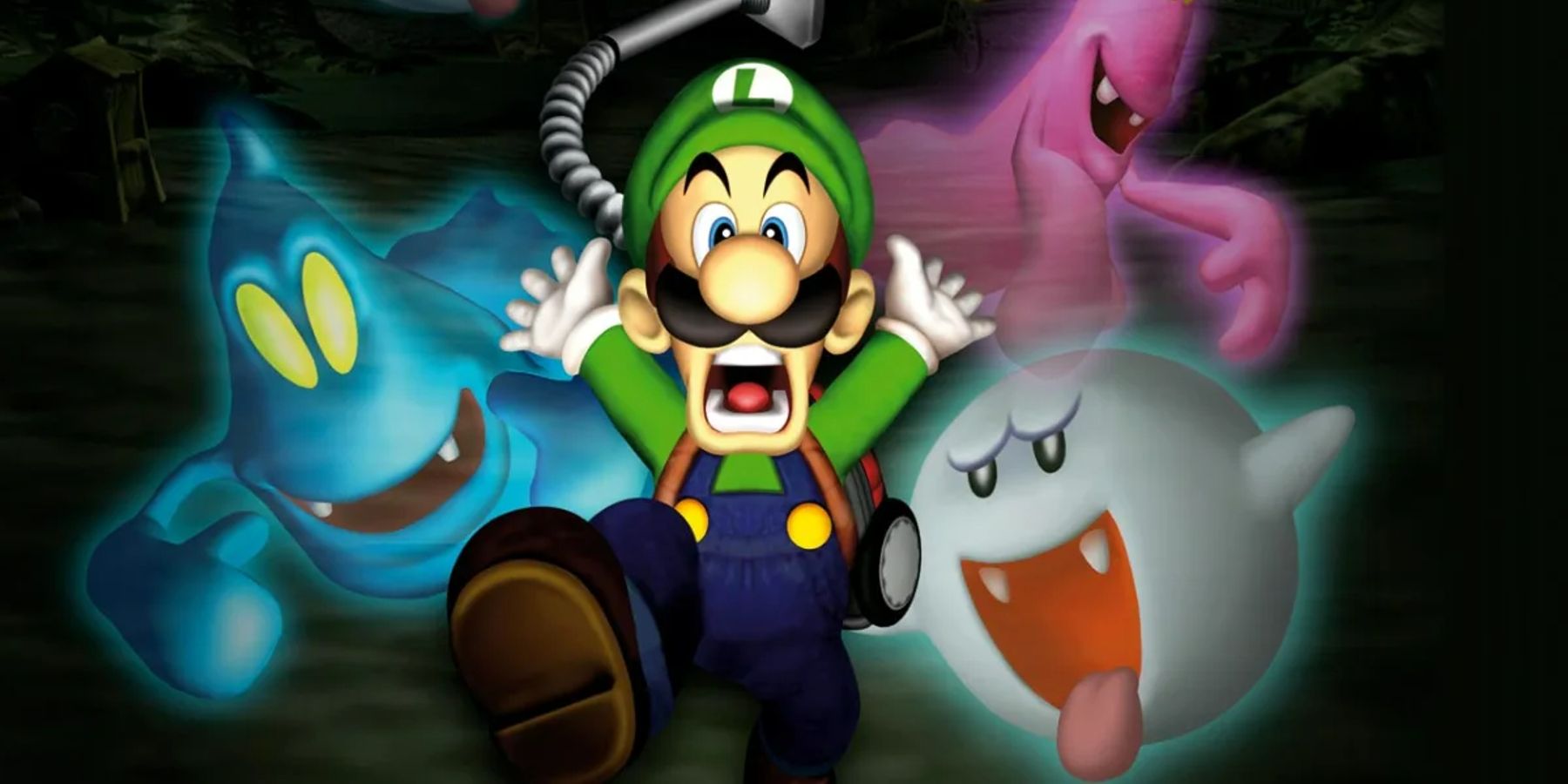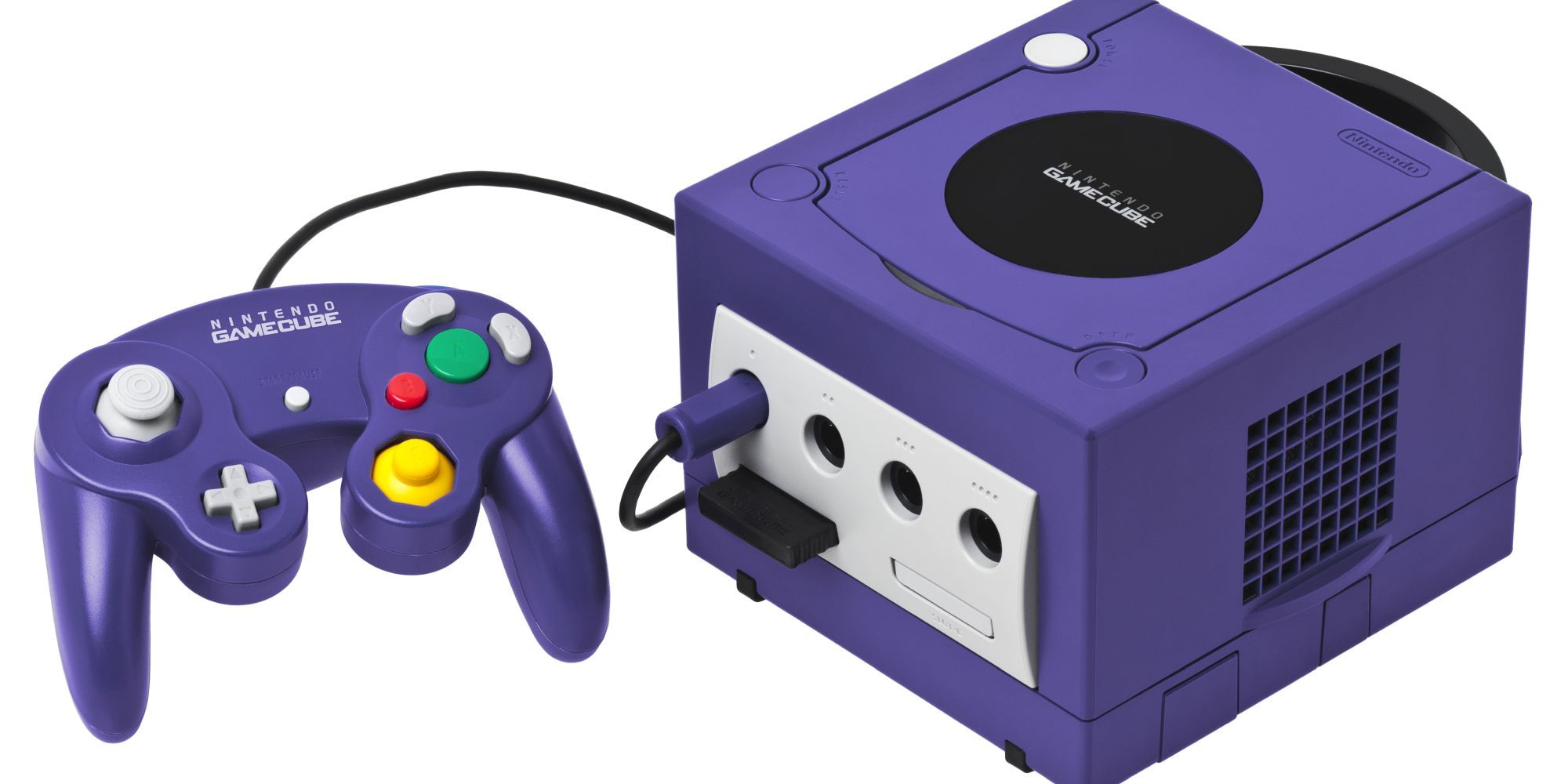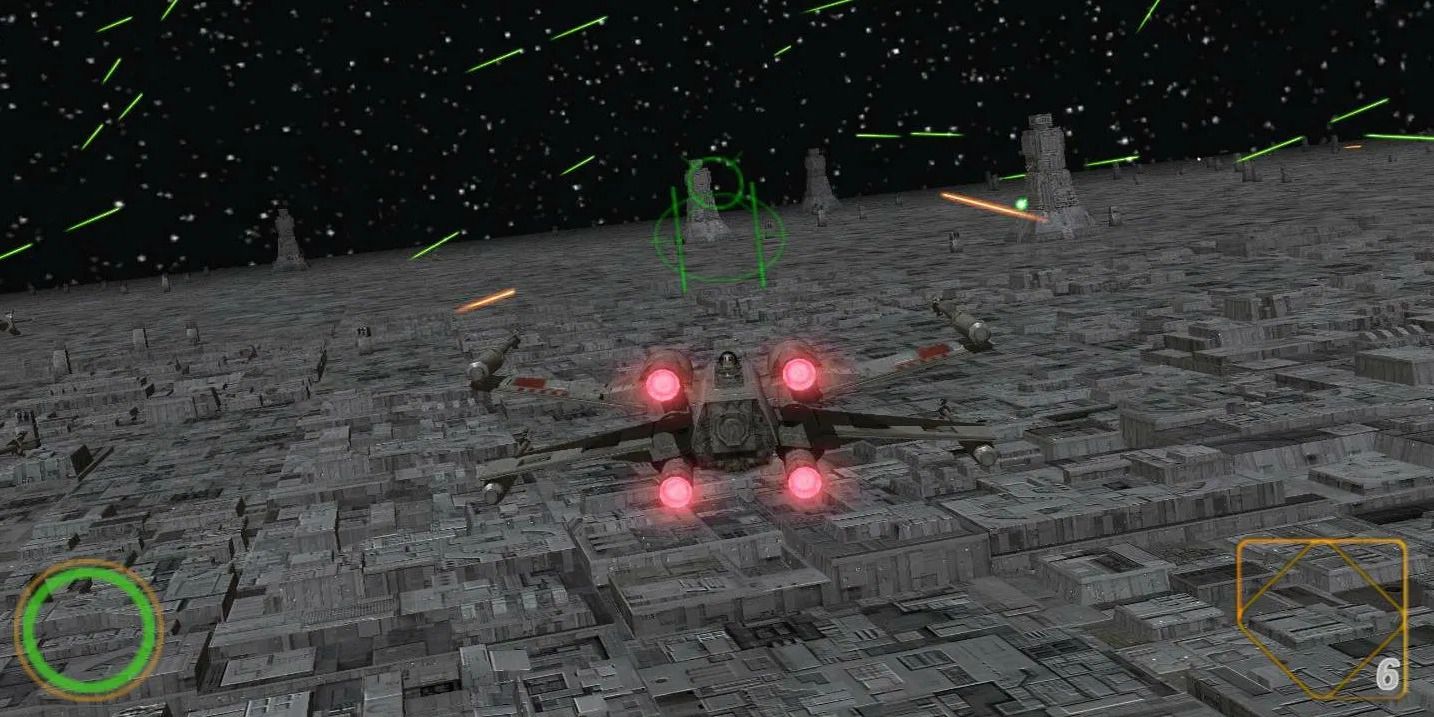On its release in 2001, the Nintendo Gamecube found itself in the unenviable position of being Nintendo's follow-up to the N64, one of the most beloved video game consoles of all time. This was always going to be a tough position to be in, and the Gamecube's lasting reputation inevitably suffered as a result. Despite this though, the console became the home of several highly acclaimed games, including Super Mario Sunshine and The Legend of Zelda: The Wind Waker. Its launch titles weren't bad either, with many of them receiving critical praise.
For its initial release in Japan, Nintendo definitely took a quality-over-quantity approach to the Gamecube's launch library. While it only contained three games, each of them offered something very different. Luigi's Mansion acted as the console's flagship title, and launched Luigi into a solo adventure, eventually going on to spawn two sequels. Super Monkey Ball is a ported version of the platform party arcade game Monkey Ball, and Wave Race: Blue Storm is a jet-ski racer, the third installment in the Wave Race series. The console's North American launch in May 2002 saw the release of several other games, including Star Wars Rogue Leader: Rogue Squadron II is the follow-up to Rogue Squadron, a highly impressive flight action game for the N64.
Breaking Down the Nintendo Gamecube's Launch Titles
Japanese Launch titles:
- Luigi's Mansion
- Wave Race: Blue Storm
- Super Monkey Ball
North American Launch titles (as well as the above 3):
- Star Wars Rogue Leader: Rogue Squadron II
- All-Star Baseball 2002
- Madden NFL 2002
- NHL Hitz 20-02
- Dave Mirra Freestyle BMX 2
- Tony Hawk's Pro Skater 3
- Disney's Tarzan: Untamed
- Crazy Taxi
- Batman: Vengeance
Luigi's Mansion finds Luigi scouring a haunted mansion in search of his brother Mario. The game features various explorable areas of the mansion, as well as boss fights. Its unique concept sees players capturing ghosts using a modified vacuum cleaner. The gameplay, soundtrack and general atmosphere was praised by critics, and it went on to become the fifth-best selling Gamecube game of all time. It went on to spawn two sequels: Luigi's Mansion: Dark Moon, and Luigi's Mansion 3, both of which were successful.
Wave Race: Blue Storm served as the third overall Wave Race game, following the original Game Boy game and the N64's launch title, Wave Race 64. Both of those earned high review scores, and Wave Race 64 in particular wowed critics with its accurate use of water and physics. Blue Storm looked to build on this by using the Gamecube's increased processing power to take the water realism to new levels. For the most part, it succeeded. Critics were in full agreement that the game's weather effects were incredible, and the gameplay held up well too. To date, this was the last new release in the Wave Race franchise.
The arcade game Monkey Ball had proved to be a huge success when it originally released in June 2001, so when it was ported to a home console later that same year, nobody was particularly surprised. Arriving during a time when SEGA's Dreamcast, its final foray into the console market, was being discontinued, Super Monkey Ball has the distinction of being the very first SEGA-published game to be released on a Nintendo home console. The game was commercially successful, which led to a sequel, Super Monkey Ball 2, being released the following year.
The Gamecube's North American Release Saw More Launch Titles Added
Star Wars games can be incredibly hit-and-miss, but Star Wars Rogue Leader: Rogue Squadron II managed to successfully build on the solid foundations of its predecessor, arguably creating one of the best Star Wars games ever made. The game incorporates missions from all three of the original Star Wars movies, as the player controls either Luke Skywalker or Wedge Antilles in the fight against the Galactic Empire. The high-speed airborne action features a total of seven aircraft to pilot, including the infamous Millenium Falcon, and Luke's X-Wing. The final game in the trilogy, Star Wars Rogue Squadron III: Rebel Strike, was released on the Gamecube two years later.
Batman: Vengeance is an action-adventure game that sees the caped crusader investigating the apparent death of his arch-nemesis the Joker, as well as battling a couple of other villains including Mr Freeze. The game features a strong voice cast, with many reprising their roles from the cartoon Batman: The Animated Series, including Kevin Conroy as the protagonist Batman and Mark Hamill as the Joker. The general art and visual presentation is also styled on the animated show too. The game received mixed reviews, despite praise for the voice acting and visuals.
Crazy Taxi put a new spin on the jaded racing genre. Initially released in arcades before being ported to several consoles including the Sega Dreamcast and PS2, the game sees players attempting to pick up and drop off fares while a timer counts down. Players are rewarded for performing stunts as well as getting their passengers to their destination unharmed. The game was critically acclaimed and spawned several sequels. Now largely forgotten, it may be time for this Sega franchise to make a comeback. Disney's Tarzan: Untamed puts players in control of the titular jungle dweller as he attempts to free several baby gorillas from captivity. It received middling reviews, with critics in agreement that the game lacked any significant depth.
The launch catalog was capped off with some of the best sports games available at the time. All-Star Baseball 2002, with a user-friendly control scheme and innovative batting control, ensured the game was a hit for fans of the sport. Madden NFL 2002 garnered relatively strong review scores and is notable for being the first Madden game to feature the Houston Texans as a playable team. NHL Hitz 20-02 is a distinctly arcade-style ice hockey game that doesn't concern itself with realism, offering a far more exaggerated version of the sport.
Tony Hawk's Pro Skater 3 was the pinnacle of the hugely successful Tony Hawk's franchise, with highly polished visuals and engaging gameplay leading to some calling it one of the greatest video games of all time. Dave Mirra Freestyle BMX 2 largely attempted to mirror this success, replacing skateboards with BMX's. It received favorable reviews, but poor graphics and gameplay not quite as robust as it should've been prevented the Gamecube title from reaching anywhere near the same heights.

